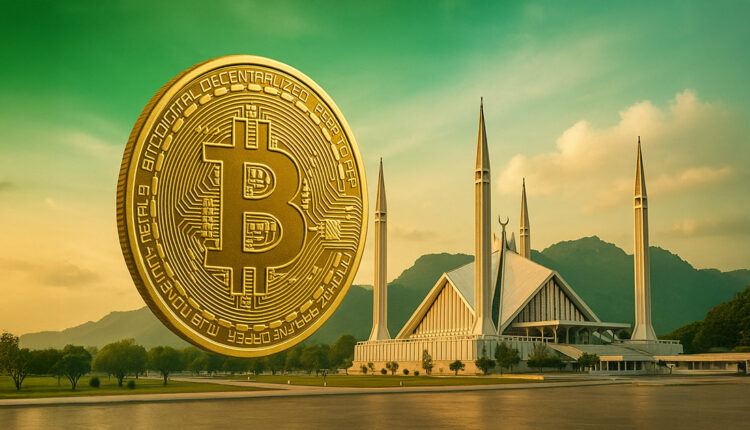
The International Monetary Fund (IMF) wants Pakistan to urgently clarify its plans for allocating power to Bitcoin mining amid the country’s electricity shortages and fiscal problems, according to a local news report. The IMF delegation is expected to hold a separate virtual session with Pakistan’s Finance Ministry to specifically discuss the electricity allocation.
Last week, Pakistan announced that it will allocate 2,000 megawatts of power towards the operation of Bitcoin mines and artificial intelligence (AI) data centres.
The IMF, which has repeatedly warned countries against the risks of governments buying Bitcoin, sanctioned a $2.4 billion loan for Pakistan earlier this month, and is currently in talks with the country about its budgetary plans.
According to Finance Ministry sources, Pakistan did not loop in the IMF in its plans for power allocation to Bitcoin mining. Citing sources familiar with the matter, however, the local news report stated that the IMF has reiterated its demand that countries receiving aid from the organization under the Extended Fund Facility (EFF) consult on all policy changes.
An official involved in the budget negotiations with the IMF told local news outlet Samaa:
“There is a fear of further tough talks from the IMF on this initiative [of allocating electricity to Bitcoin mining]. The economic team is already facing stiff questions, and this move has only added to the complexities of the ongoing talks.”
Pakistan plans to repurpose three underutilized coal power plants to provide electricity to Bitcoin mines and AI data centers. However, the IMF is concerned about how the initiative will impact electricity tariffs and distribution.
In April, Pakistan’s National Electric Power Regulatory Authority announced cuts to electricity prices for a range of consumers. The cuts, however, followed an increase in base power tariffs announced last year.
Pakistan is taking rapid strides to embrace crypto
Over the past few months, Pakistan has rapidly changed its stance on cryptocurrencies, announcing several plans and initiatives to adopt crypto assets and regulate them.
In March, the country established the Pakistan Crypto Council (PCC) to regulate crypto assets, boost their adoption, and integrate them into Pakistan’s financial landscape. In early April, Pakistan appointed former Binance CEO Changpeng Zhao (CZ) as strategic advisor to the council.
Late last month, World Liberty Financial, a decentralized finance project with close ties to President Donald Trump and his sons, signed a Memorandum of Understanding (MoU) with PCC.
On May 21, following the recommendation of the PCC, the government established the Pakistan Digital Assets Authority (PDAA)—an event attended by U.S. Vice President JD Vance as well as Trump’s sons, Eric and Donald Trump Jr.
The PDAA would serve as a regulatory watchdog responsible for overseeing the licensing of digital asset service providers, ensuring compliance with the Financial Action Task Force’s (FATF) regulations, and promoting innovation.
At the Bitcoin 2025 conference on Thursday, Bilal bin Saqib, crypto adviser to Prime Minister Shehbaz Sharif, unveiled the country’s first strategic Bitcoin reserve, drawing the IMF’s scrutiny. Saqib, who also announced the launch of a national Bitcoin wallet, noted:
“Our youth are online and on-chain. Pakistan, with over 40 million crypto wallets and an average age of 23 years, is now being recognised for its future rather than its past.”
